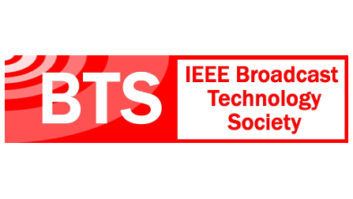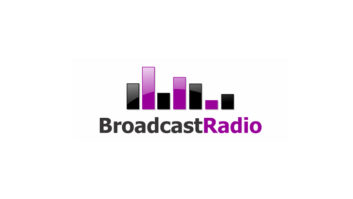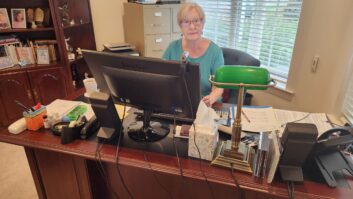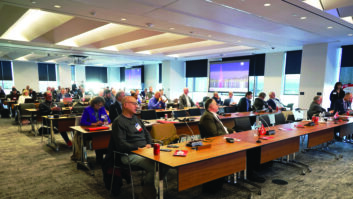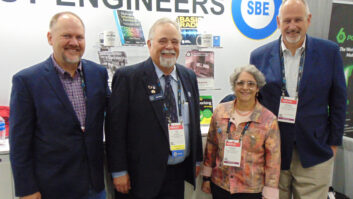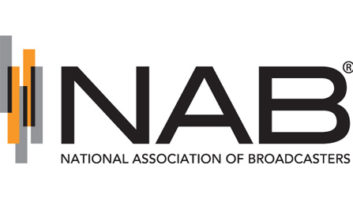BLANTYRE, Malawi — The broadcasting regulatory authority, Malawi Communications Regulatory Authority, has liberalized its broadcasting licensing framework to help cope with the country’s rapidly developing media industry. The changes have now been incorporated in the newly amended Communications Act.
MACRA’s Communications Manager Clara Mwafulirwa says the previous Communications Act of 1998, required MACRA to advertise in newspapers to call for eligible applicants to apply for broadcast licenses, while the current one allows walk-in applications.

“This change was carried out after consultations with broadcasters who believed MACRA’s long license application process was hindering the fast growing industry,” she said.
Mwafulirwa says consultations showed that many broadcasters thought MACRA was taking too long to advertise, hence impeding potential applicants.
“One of the main challenges we faced with the old regime was the time it took for the board to approve our advertisements.”
She says the regulatory authority was also unable to efficiently scrutinize many application documents arriving simultaneously once the advertisement was placed. “Under the new regime, MACRA is able to study a document is as soon as it is submitted,” she said. The updated framework also lets a broadcaster own more than one national network.

While the new rules have helped expedite licensing, it has caused some issues as regards the overload of stations in urban areas.
“The old regime specifically mentioned in the advert the areas where a broadcaster could establish their station. This was done according to MACRA’s research, which outlined underserved areas. The new regime allows the applicant to choose the area of his or her preference and most applicants choose commercially viable urban areas, neglecting the less viable rural areas.”
[Read: Capital Radio Raises HIV Awareness Among Malawi Youth]
Another challenge, with the walk-in application process, she says, is that it has attracted some applicants that are “not serious and don’t have the capacity to operate a broadcasting station.”
MACRA has thus far issued four licenses since the new rules have taken effect. These are Dzaleka Community Radio, Chilanga FM, Rumphi FM and Lilanguka.






